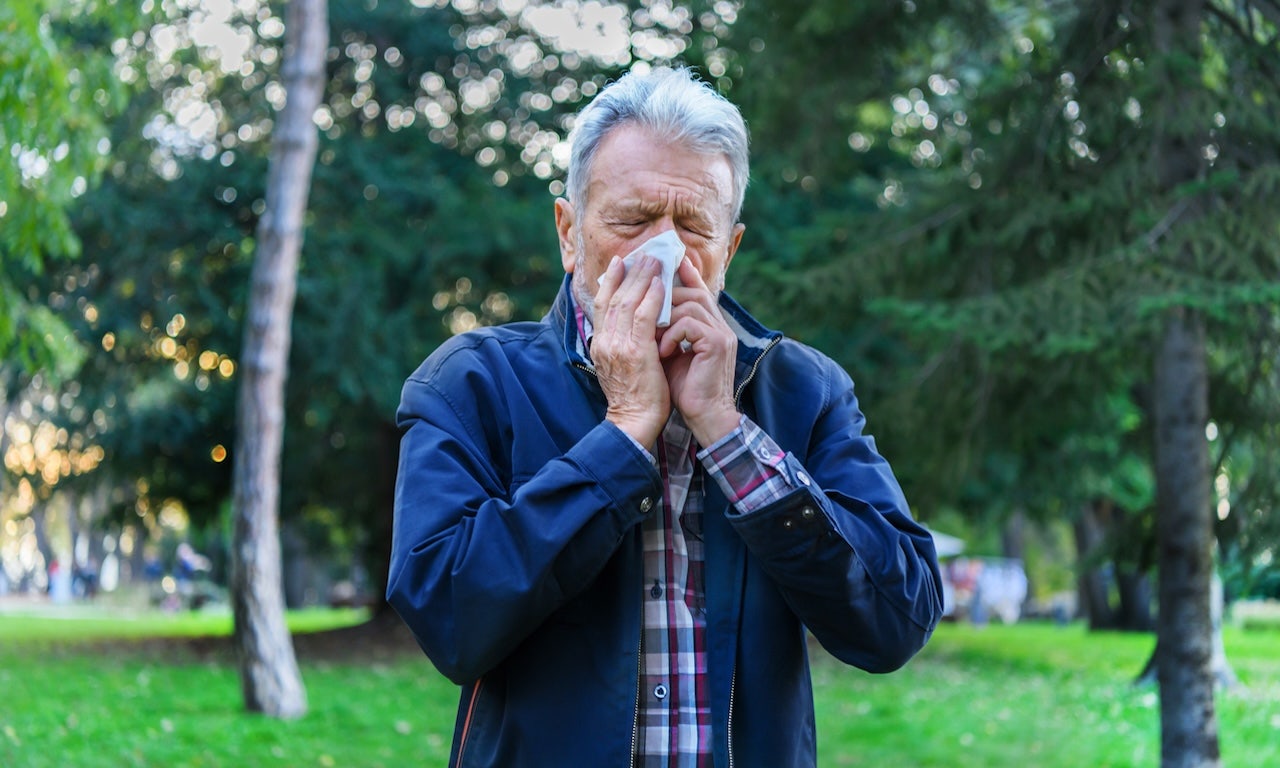Worst cities for allergies revealed, along with tips to manage symptoms

As allergy season approaches, many individuals are bracing themselves for what could be one of the worst seasons yet. Changes in temperature and precipitation patterns are allowing plants and trees to grow in new locations, resulting in a higher pollen count and the emergence of new types of pollen. The American Lung Association has reported that these changes are contributing to the increase in allergy symptoms experienced by individuals across the country.
The Asthma and Allergy Foundation of America (AAFA) recently released its annual allergy report, which highlights the most challenging cities for those living with seasonal allergies. The report focuses on tree, grass, and weed pollen counts throughout the year, as well as the use of over-the-counter allergy medications and the availability of allergists and immunologists. This year, Wichita, Kansas, was named the top allergy capital for the third consecutive year, primarily due to its above-average tree and grass pollen levels.
With the rise of new types of pollen and larger amounts of pollen in the air, even individuals who have never experienced allergy symptoms before may find themselves struggling. Dr. Purvi Parikh, a specialist in infectious disease allergy and immunology at NYU Langone, offers some tips on how to manage allergies as the seasons change.
One crucial step is to stay on top of medications by starting them early. Using a 24-hour antihistamine can help control symptoms effectively. Eye drops and antihistamine nasal sprays can also provide relief for itchy eyes and stuffy noses. If breathing issues like coughing, wheezing, or chest tightness occur, it may be a sign of asthma, and seeing a medical professional for the appropriate medication is advised.
Another essential tip is to wash clothes and take a shower after spending time outdoors to remove pollen and reduce exposure. Washing bedsheets weekly in warm water can also help limit allergen exposure. Additionally, paying attention to timing is crucial, as pollen counts are highest in the mornings. Keeping windows closed during peak pollen times can help reduce symptoms.
For those experiencing symptoms that may be attributed to allergies or illness, seeking medical care is essential. Allergies tend to last longer than colds or viruses, so if symptoms persist for an extended period, allergies may be the cause. Consulting a doctor for an accurate diagnosis and treatment plan is recommended.
As allergy season ramps up, taking proactive steps to manage symptoms can help individuals navigate the challenges of seasonal allergies. By following these tips and seeking appropriate medical care when needed, individuals can better cope with the effects of pollen and allergens in the air.




